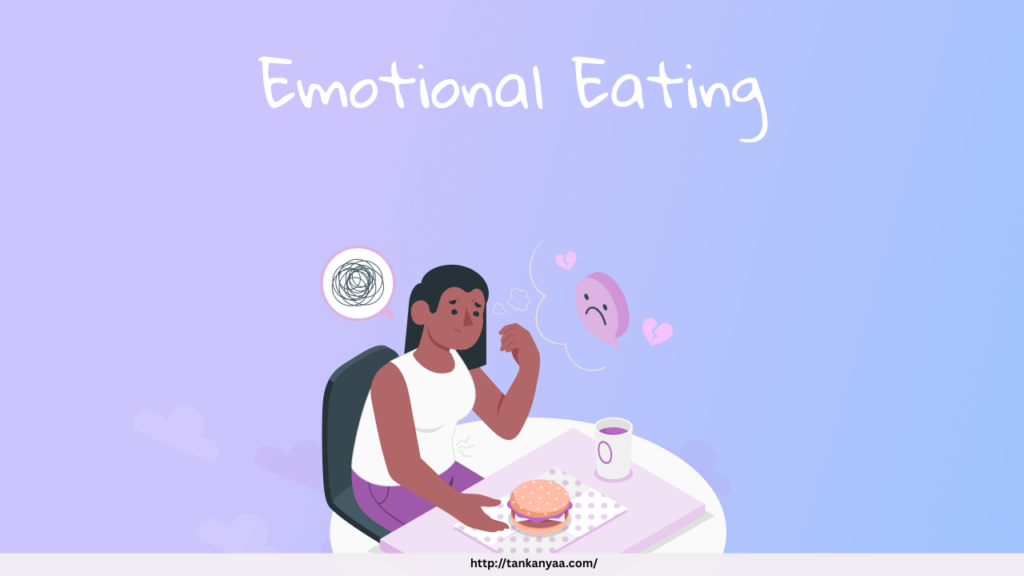
In today’s fast-paced and stressful world, many people turn to food for comfort. While eating to soothe emotions is a common experience, there’s a fine line between emotional eating and food addiction. Understanding this distinction is key to addressing the root causes of unhealthy eating behaviors and developing healthier relationships with food.
What is Emotional Eating?
Emotional eating refers to the tendency to eat in response to feelings rather than hunger. Whether it’s stress, sadness, boredom, or loneliness, emotions can trigger cravings for comfort foods—usually those high in sugar, fat, or salt. This behavior offers temporary relief or distraction but often leads to feelings of guilt or regret afterward.
Emotional eating is a coping mechanism. It’s not inherently a disorder but can become problematic when it’s the primary way a person deals with their emotions. Over time, this pattern can evolve into more serious issues, including food addiction.
When Emotional Eating Becomes Addiction
Food addiction goes beyond the occasional stress-induced snack. It involves a compulsive relationship with food, marked by a loss of control, persistent cravings, and continued consumption despite negative consequences. The brain’s reward system plays a central role here, as it responds to palatable foods by releasing dopamine, reinforcing the behavior.
As with other addictions, tolerance can develop, meaning individuals need more of the same food to feel the same satisfaction. They may also experience withdrawal-like symptoms when attempting to cut back. These patterns indicate that the issue is no longer just emotional eating but a deeper, more chronic disorder.
A Universal Struggle
The struggle with emotional eating and food addiction is universal. It affects people across all cultures, ages, and socioeconomic backgrounds. Cultural norms around food, emotional health, and body image all play a role in how individuals relate to food.
In many societies, food is tied to celebration, mourning, and social bonding. This emotional association can complicate efforts to eat mindfully or maintain a healthy diet. For some, the constant exposure to food marketing, societal pressure, and fast food availability intensifies the temptation and difficulty in breaking the cycle.
Signs to Watch For
It’s important to recognize the signs that emotional eating may be turning into food addiction:
- Eating when not physically hungry
- Feeling a loss of control over eating
- Hiding food or eating in secret
- Feeling shame or guilt after eating
- Using food to numb emotional pain
- Repeated failed attempts to cut back
Finding a Path to Recovery
Addressing emotional eating and food addiction involves a combination of self-awareness, professional support, and lifestyle changes. Cognitive-behavioral therapy (CBT) can help identify emotional triggers and develop healthier coping strategies. Mindful eating practices encourage awareness of hunger cues and emotional responses.
Support groups and counseling provide a community for those facing similar challenges, reducing feelings of isolation. Nutrition education and balanced eating plans can help restore a healthy relationship with food.
Conclusion
Whether it’s emotional eating or full-blown food addiction, the struggle is real and deeply human. Understanding the differences and recognizing the signs are vital steps in healing. With the right tools and support, individuals can move beyond emotional eating and reclaim control over their well-being.








